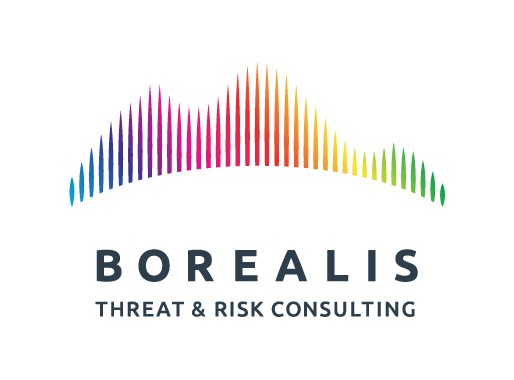This piece first appeared in the Epoch Times Canada on November 12, 2023.
We in Canada are very fortunate to belong to a club called the Five Eyes. This is a post-WWII collection of like-minded (well, mostly like-minded most of the time) Anglo countries—Canada, Australia, New Zealand, the UK, and the United States—that share very sensitive intelligence among themselves. The agreement to do so stems from a variety of factors: shared history and culture, common experiences in wartime and peacetime, the English language, and an overall sense that we are all on the “same side” on many matters.
Canada was, is, and will most likely forever be a net importer of this intelligence. Yes, we have fine institutions ourselves (CSE and CSIS primarily), but we will never be able to compete with the UK and United States when it comes to size, budgets, resources, and capabilities. Since we get more than we give, we need to manage this relationship carefully. The current government under Justin Trudeau not only seems not to care about intelligence (witness the deplorable dismissal of CSIS information on People’s Republic of China interference in our last two federal elections), but irresponsibly released sensitive SIGINT (signals intelligence) on “evidence” of alleged Indian government involvement in the killing of a Sikh “activist” in B.C. a few months back.
Now, we have learned that the UK has issued a warning to its citizens that a terrorist attack in Canada is “very likely.” This immediately caught my eye as our own threat level, set by ITAC (Integrated Terrorism Assessment Centre, housed within CSIS), has not moved from “medium” (the middle of five levels ranging from “very low” to “critical”), since October 2014. That was the month two jihadis killed two Canadian soldiers over a two-day period. The medium level says a terrorist attack “could occur.”
What gives? Why the difference? Is an attack very likely or just possible?
Normally, threat levels change when intelligence is received pointing to an increased likelihood of an attack. Not surprisingly, the UK will not disclose that intelligence publicly and, unhelpfully, did not tell us what kind of terrorism is “very likely.” It doesn’t take a rocket scientist, however, to put two and two together: Islamist terrorism is still by far the No. 1 threat globally, and a jihadi did stab someone in B.C. in April. This is not to say that other forms (far right, far left, etc.) are also possible, but no one can argue that jihadis are not the dominant form of this kind of violence.
In fairness, the UK has issued similar warnings for other nations, such as Uganda, but the inclusion of Canada is puzzling. We are, after all, not a country where terrorism is rampant. In my 2022 book, “The Peaceable Kingdom,” I looked at terrorism dating back to Confederation, and on average an attack transpires once every seven years, although there have been more incidents of late, skewing the average.
Does the UK have intelligence we don’t? Did it share its data with CSIS or the RCMP? Do our agencies disagree with the British assessment? Or is the current government yet again dismissing real threats because it is inconvenient to admit we have individuals willing to kill for a cause?
It is also not hard to understand that the ongoing war in Gaza is leading to a huge increase in attacks against Jewish targets, and that Hamas and other jihadi groups have vowed to step up their actions. As a consequence, it is thus more likely that an attack, should one occur, would be either Islamist or far left in nature (there is an odd marriage between the far left and Islamists in certain ways since some see Hamas as “liberators” rather than the terrorist group it is, listed as such by the Canadian government).
If, and this is a BIG if, the UK is holding back (I doubt they are in all truth) it speaks to the damage this government has caused to our reputation among our closest allies. Our defence spending is a joke. Our government refuses to call terrorism what it is (as does the CBC). We try to be nice to everyone and panic at the mere thought that anything we say or do will “offend” one single human being (check out the change in language on Remembrance Day prayers). It is no wonder, as my sources tell me, that our friends are asking just what is going on in the Great White North.
The Trudeau government needs to stop saying “nothing to see here folks”—as it did on Beijing’s election interference—and get serious. Our Five Eyes alliance has been maintained for decades; we cannot afford to lose it. If the terrorist threat level is higher, Canadians need to know.

